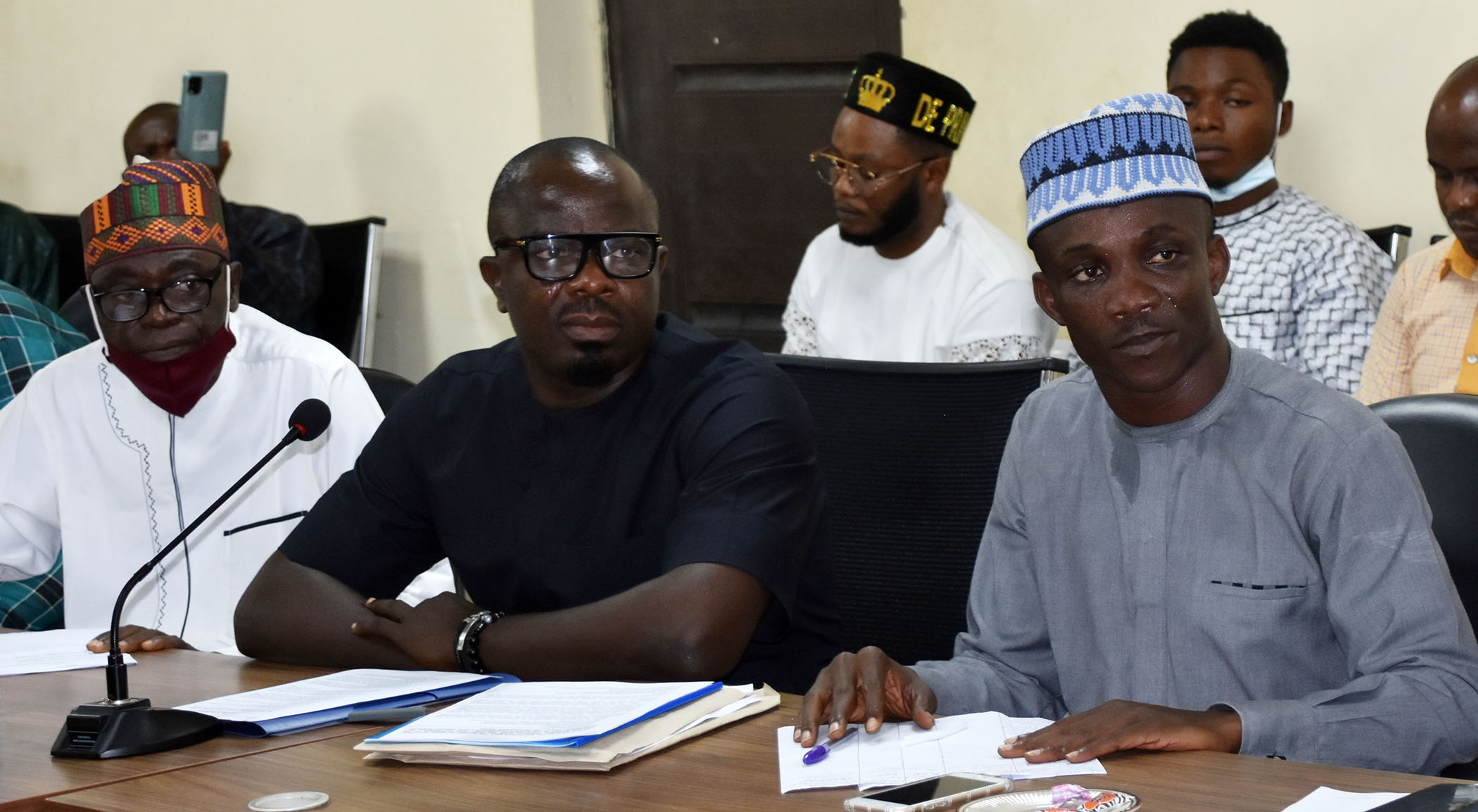Business
FG Seeks States’ Support To Expand Off-Grid Electrification

The Federal Government has urged State Governments to fast track implementation of off-grid rural electrification projects to boost supply.
Speaking at the Rural Electrification Agency (REA) Stakeholders’ Workshop in Abuja with the theme: ‘Collaboration with States for Accelerated Rural Electrification’, Minister of State for Power, Mr Goddy Jedy-Agba, stressed that it was impossible for the Federal Government to do much without the support of State Governments.
“Recent events have shown the need to focus on deploying more off-grid solutions to complement the efforts of the Federal Government in ensuring that there is a reliable supply of electricity nationwide.
“To have nationwide access to electricity, we have to focus on both enhancing the national grid and the off-grid solutions.
“To grow an economy, stable electricity is a key factor which cannot be overemphasised. The Federal Government has equipped agencies such as the REA with the tools it needs to contribute its quota into ensuring all Nigerians have access to electricity.
“This workshop showcases our goal of building a good relationship between the Federal Government and all the States.
”Therefore, I encourage the REA and State Governments to go further and jointly design and support programmes that will boost the social and economic lives of people in rural communities”, the Minister stated.
Speaking earlier, team leader for Economic Development, UK FCDO, Gail Warrander, disclosed that there were more people in Nigeria without access to electricity than in any other country in the world.
Warrander noted that to boost power supply in Nigeria, the Federal Government needed to address the issues of value added tax and import duties on power equipment.
She added that there was the need to boost income levels in the country and also bridge the technology gap in the sector.
Also speaking, the Managing Director of REA, Engr Ahmad Salihijo Ahmad, noted that the agency was desirous of building a strong collaborative relationship with state governments and the Federal Capital Territory, FCT, because “every community deserves to have access to electricity.”
“To actualise the REA mandate, there is a need to collaborate and partner with sub-national governments. The sub-national governments are closer to the beneficiaries/communities, understand their needs and peculiar challenges and are better positioned to facilitate required approvals and support.
“The REA is, therefore, proposing to partner with the states to implement its projects and programmes. The REA is also proposing to work with the Nigerian Governors Forum, NGF, to develop a collaboration and partnership framework that will define the institutional structures, roles and responsibilities, engagement mechanism and procedures, communication requirements, and reporting guidelines,” he added.
The Tide’s source reports that on his part, the Chairman of REA Board, Engr. Col. Abdulazeez Musa Yar’Adua (Rtd), stated that it is the agency’s “aspiration to see the livelihood of people in rural communities is improved greatly through access to electricity.
“There is a need to ensure adequate stakeholder coordination with the states, to ensure that we are all working together towards the same purpose of increasing energy access in line with the REA’s mandate.
Business
NCDMB, Jake Riley Empower 250 Youths On Vocational Skills

Business
NUJ Partners RSIRS On New Tax Law Education

Transport
Nigeria Rates 7th For Visa Application To France —–Schengen Visa

-

 News18 hours ago
News18 hours agoNLC Threatens Nationwide Protest Over Electoral Act Amendment
-

 Maritime16 hours ago
Maritime16 hours agoCustoms Hands Over Seized Cannabis Worths N4.7bn To NDLEA
-

 Maritime17 hours ago
Maritime17 hours agoOver 6,223 Seafarers Abandoned In 2025 – Says ITF
-

 Sports15 hours ago
Sports15 hours agoArsenal Women End Man City’s Invincibility
-

 Politics16 hours ago
Politics16 hours agoI DEFECTED OUT OF CONVICTION …NO ONE COULD’VE IMPEACHED MY LATE DEPUTY ~ DIRI
-

 Environment14 hours ago
Environment14 hours agoRivers State Government Suspend Fire Service Collection Levies
-

 Sports15 hours ago
Sports15 hours agoU-20 WWC: Falconets claim qualifier win
-

 Politics16 hours ago
Politics16 hours agoWe’ve Not Recognized Any PDP Faction — INEC

